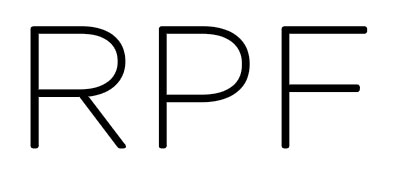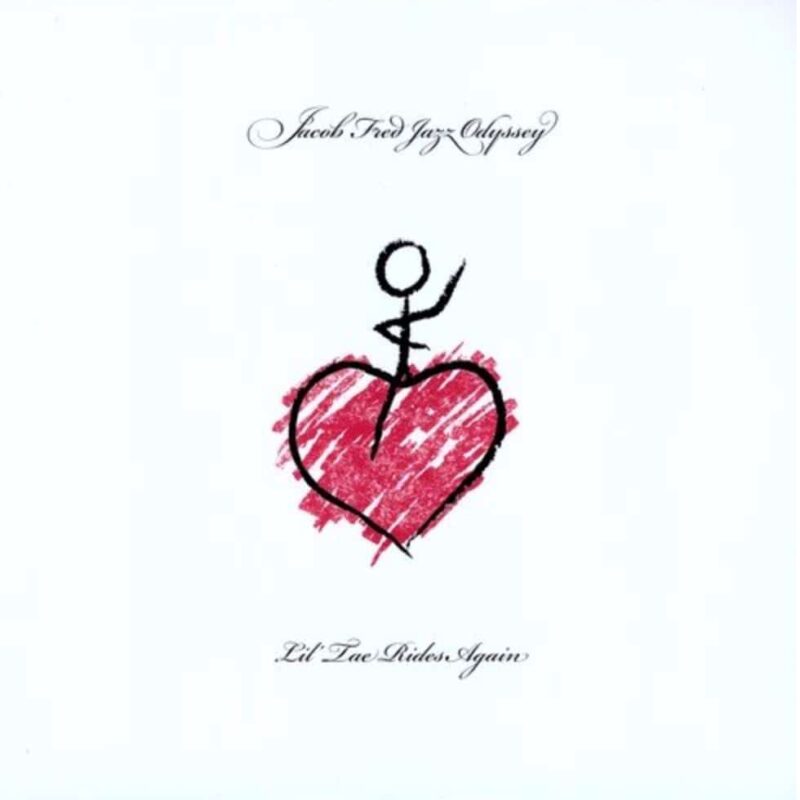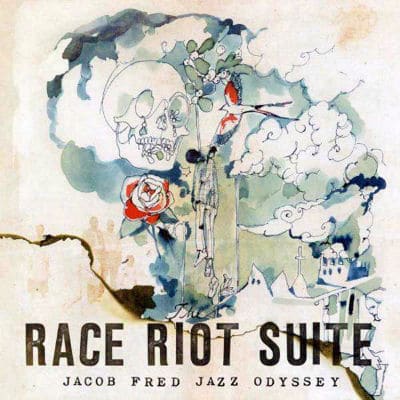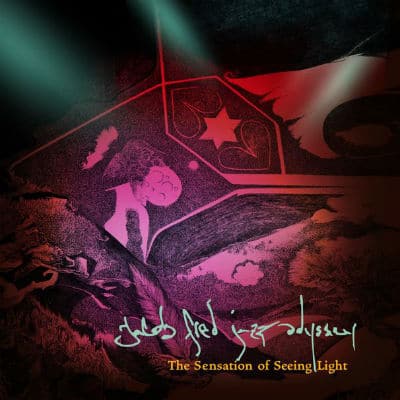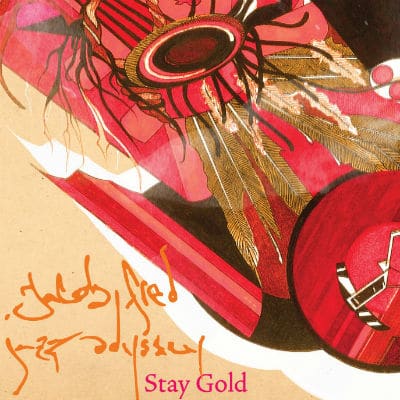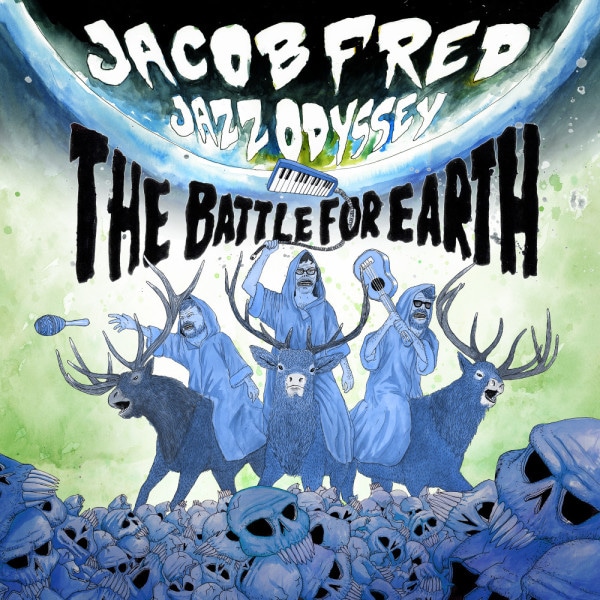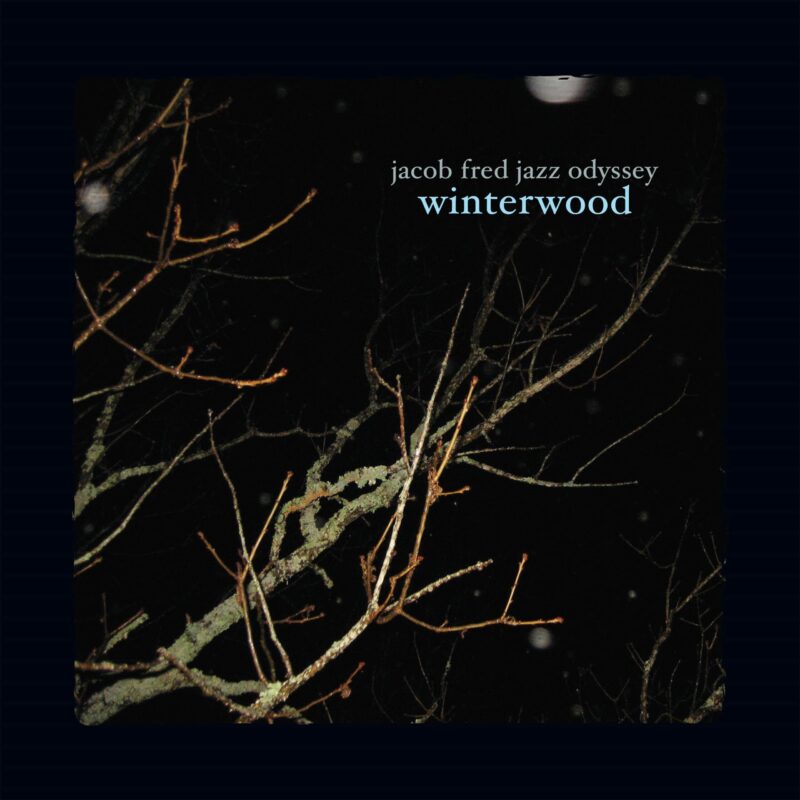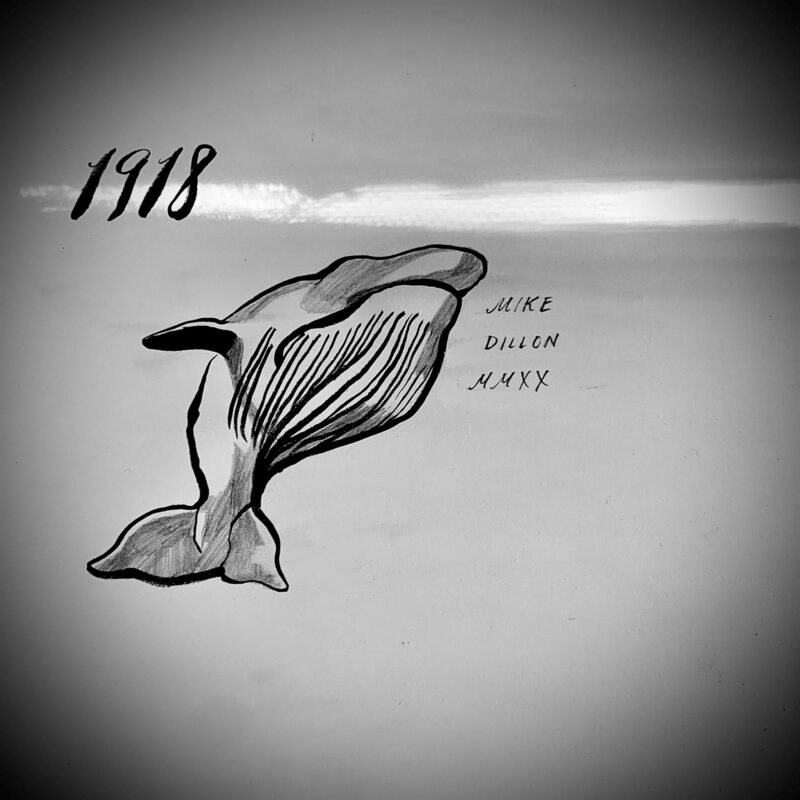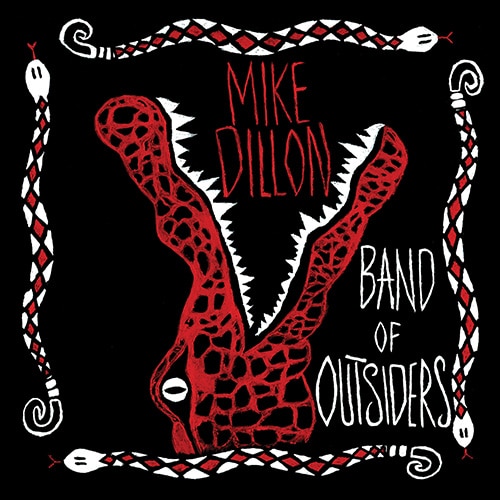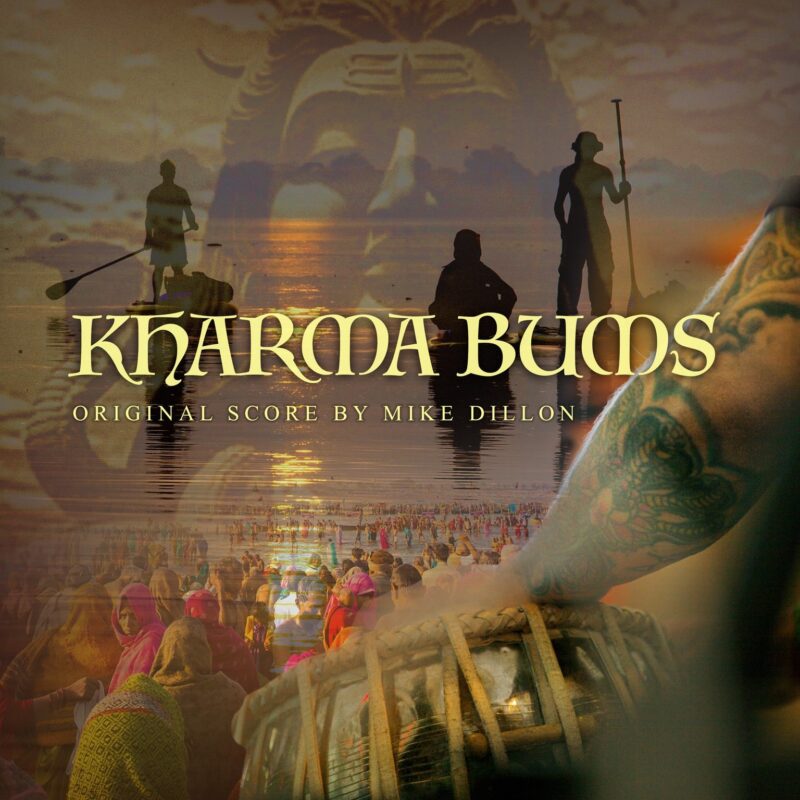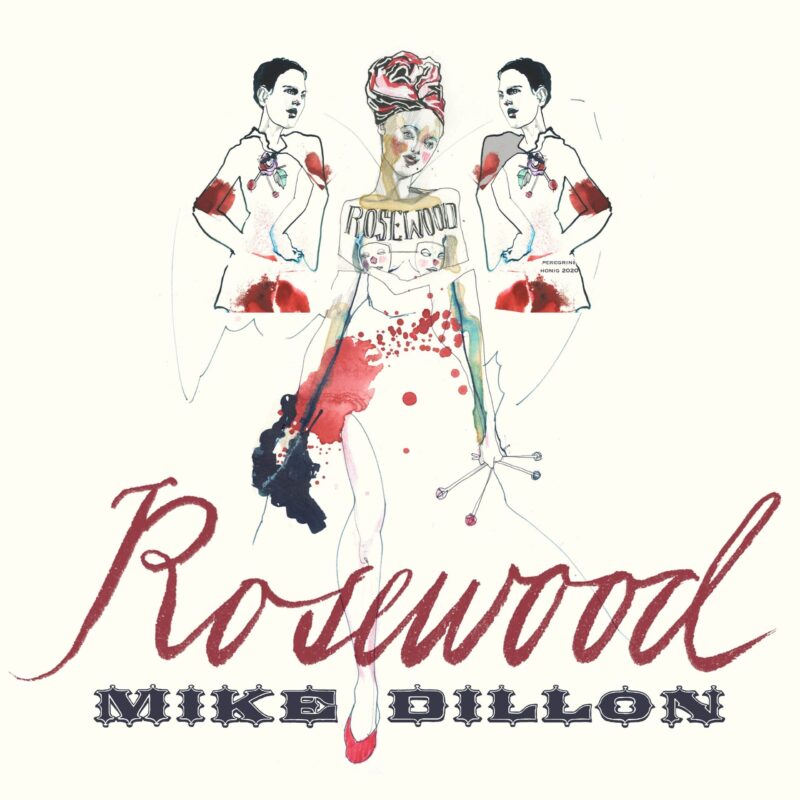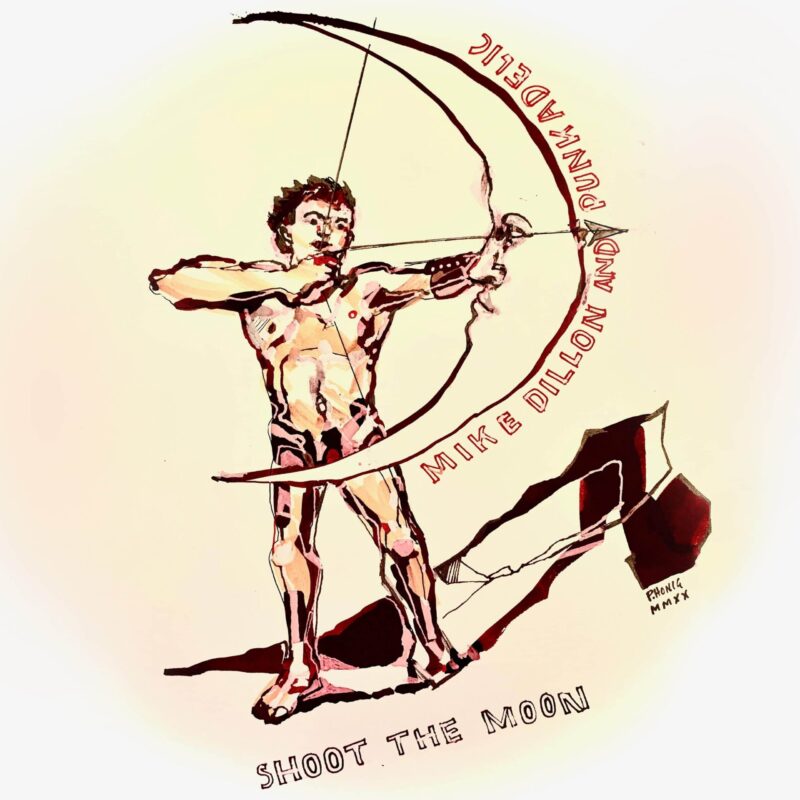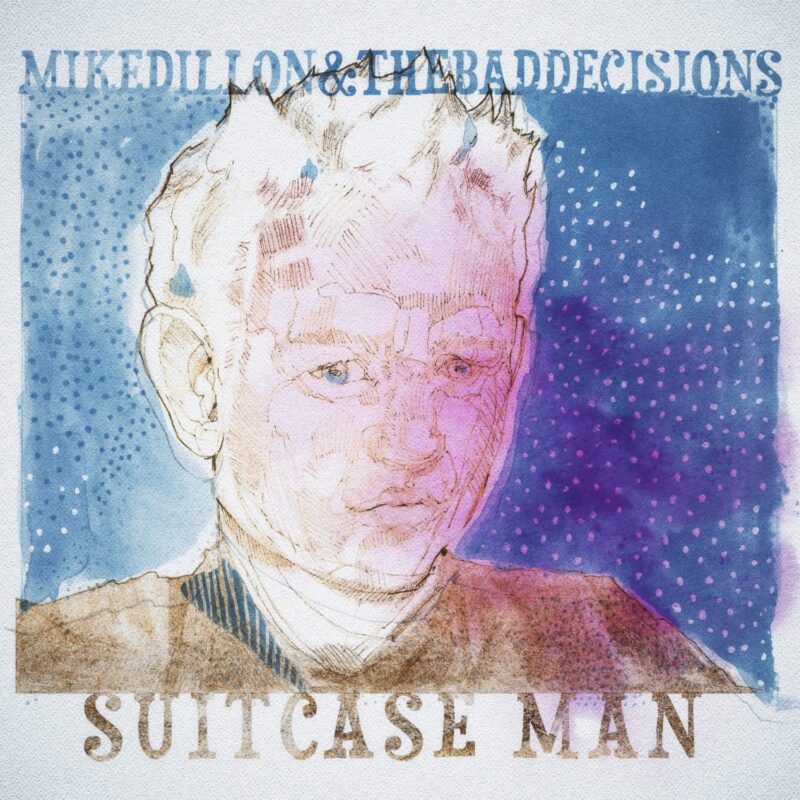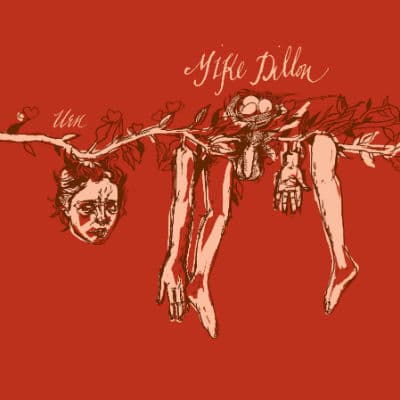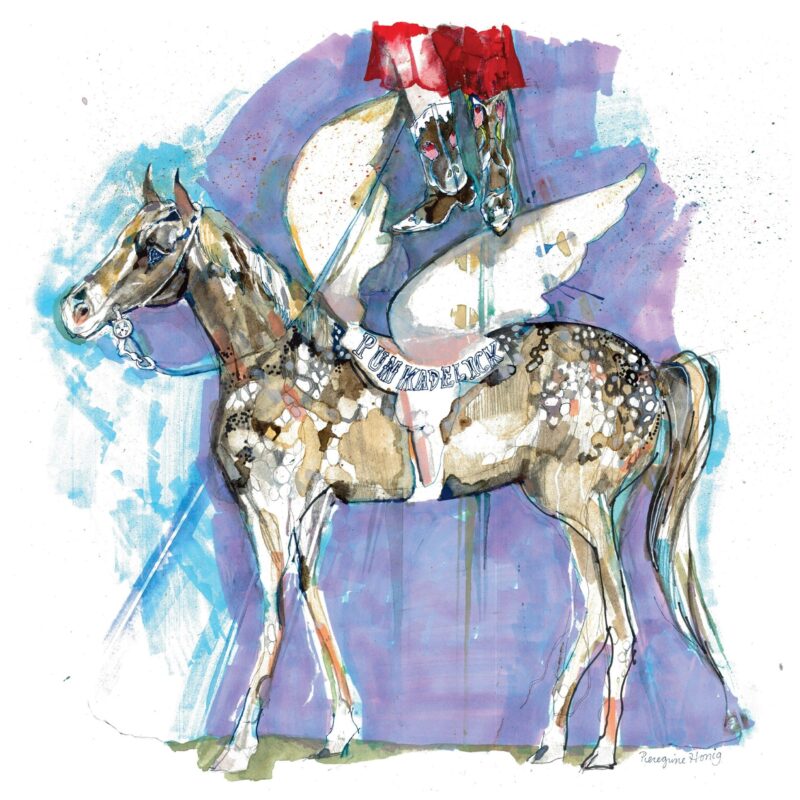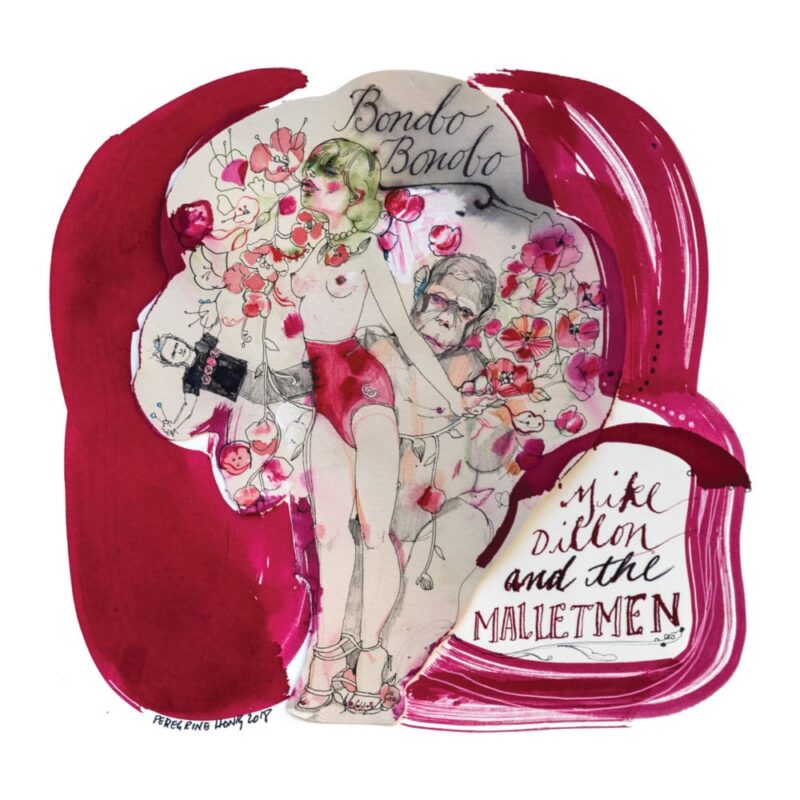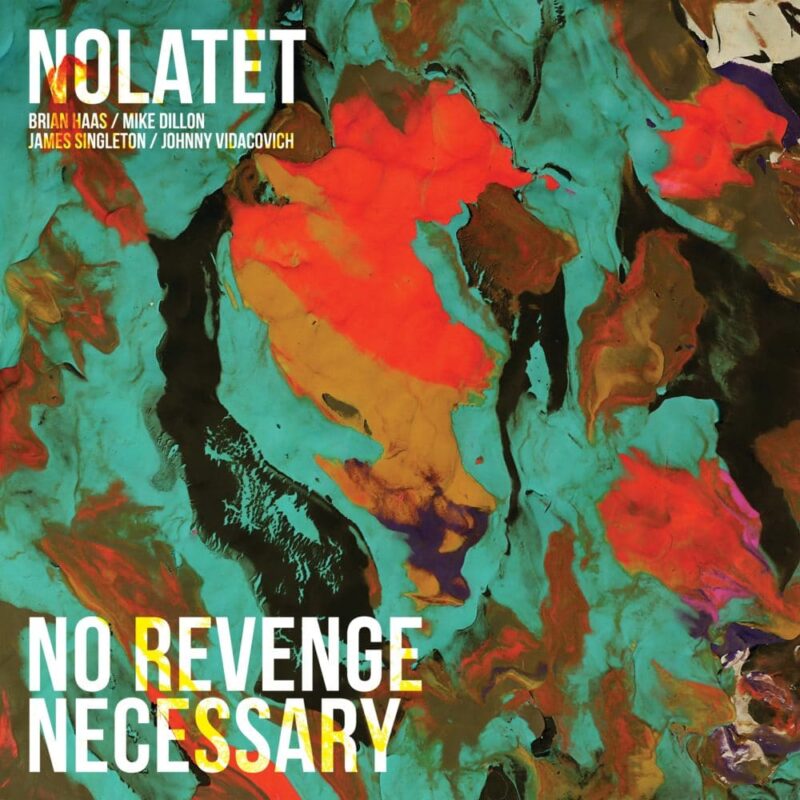Description
As like vibration attracts like vibration, it’s no surprise that after years of collaboration, vibraphonist Mike Dillon, pianist Brian Haas, bassist James Singleton and drummer Johnny Vidacovich should finally become one with the formation of the Nolatet and the subsequent release of their debut album, Dogs. These four men have been in each other’s lives for as long as they can remember. Vidacovich and Singleton have been New Orleans’ best rhythm section since 1977, having backed everyone from Dizzy Gillespie to Professor Longhair to James Booker. Dillon and Haas have been sharing bills and sitting in with each other’s bands, including Jacob Fred Jazz Odyssey, Garage A Trois and Dead Kenny Gs, on the same touring circuit since the mid-’90s. All four have played together countless times in numerous configurations. Individually, they are fiercely independent iconoclasts and bandleaders who compose, play and navigate their musical lives true to their own idiosyncratic visions.
“Musically speaking, the Nolatet is fearless. The music ebbs and flows effortlessly, like rebirthing an amoeba,” explains Mike Dillon. “We have one of the all time great New Orleans rhythm sections in Johnny Vidacovich and James Singleton. Like any great rhythm section, they make you find parts of yourself that you never knew existed. With that as our foundation, there’s no telling how far the music can expand with each performance.”
When it came time to record their debut album, Dogs, they’d set up shop at New Orleans’ famed Esplanade Studios, focusing on original material influenced by their diverse lives and perceptions as musicians. The quartet spans three decades in age—Vidacovich and Singleton in their 60s, Dillon in his 50s and Haas in his 40s—which informs the music with a wellspring of experiences and a multi-generational musical sensibility. While traditional jazz is the backbone and starting point for the Nolatet, each member’s piercing individuality and personal history allows innovation to be a constant throughout the recording. The entire album was recorded in one day, all first or second takes with no overdubs. Sketches for compositions were in place, but ultimately this is improvised music made in the moment with wild abandon and deep inspiration.
“When music is truly happening, it leads the way. When music is kinetic and meaningful, it sets its own agenda. When music is meant to be played, the music itself will find a way,” says Brian Haas. “This is how the Nolatet came into being. After so many incredible nights of collaborating over the years, which led to a a deep, enduring friendship, the music simply demanded it.”

